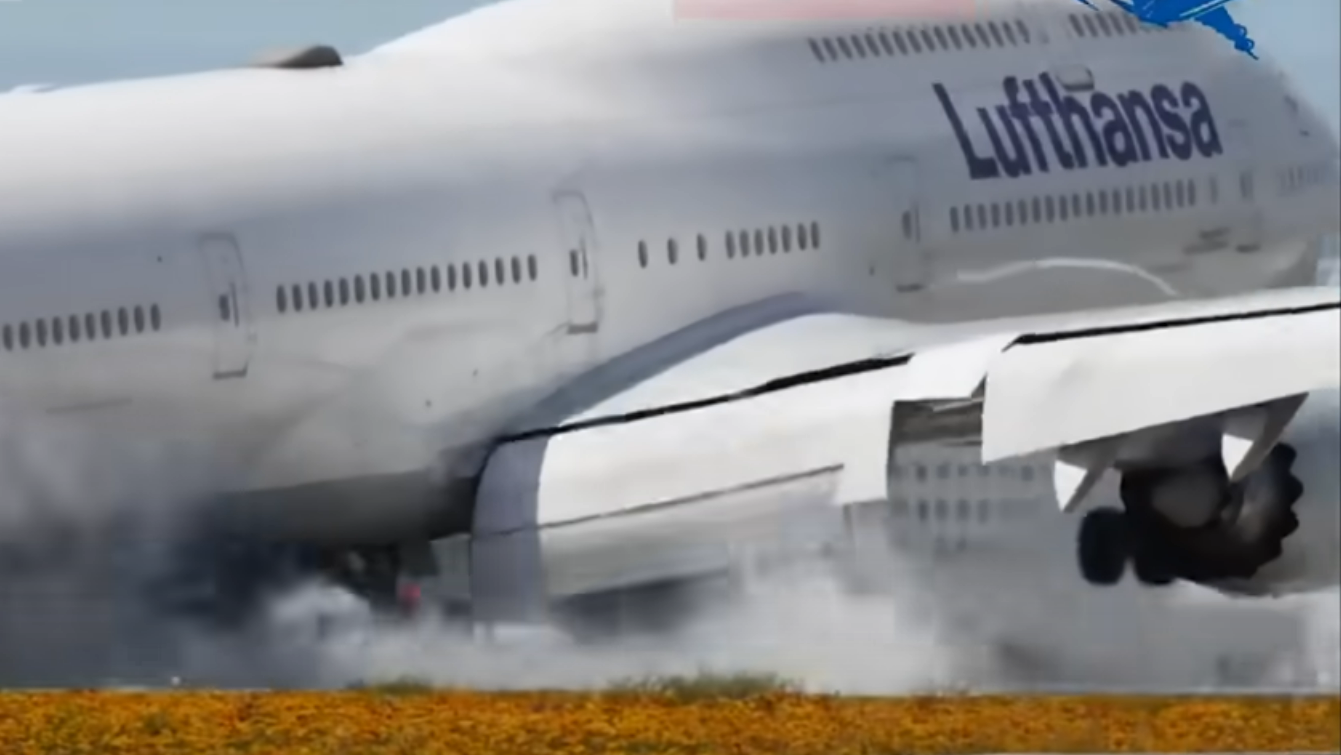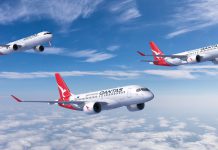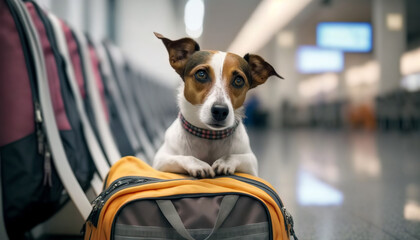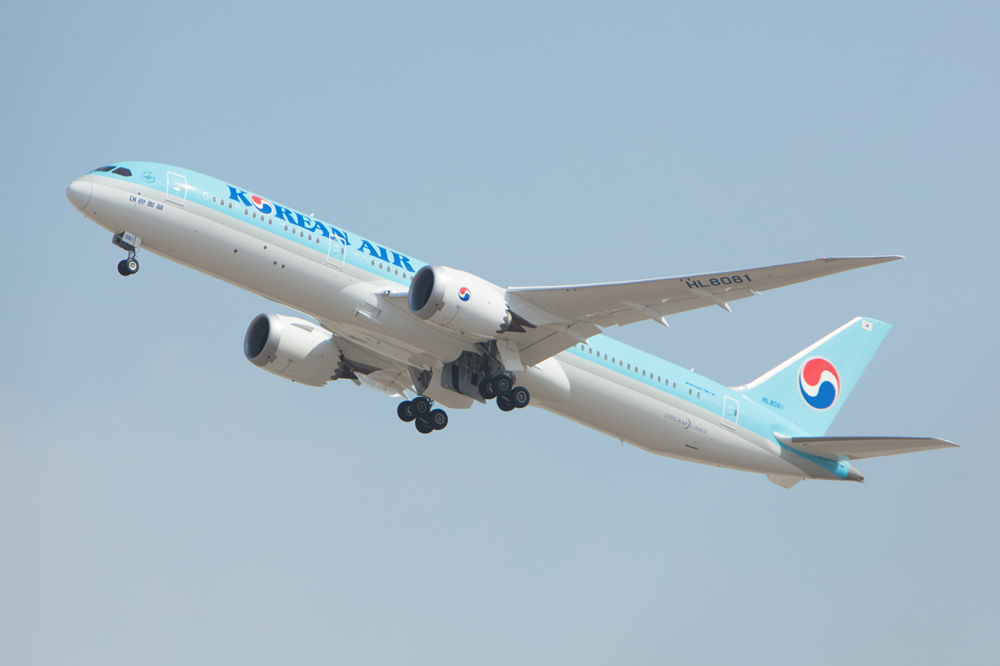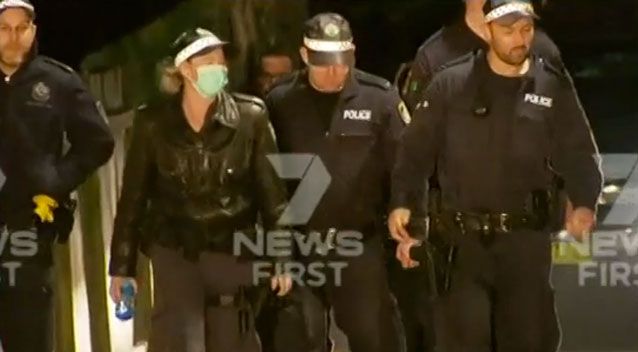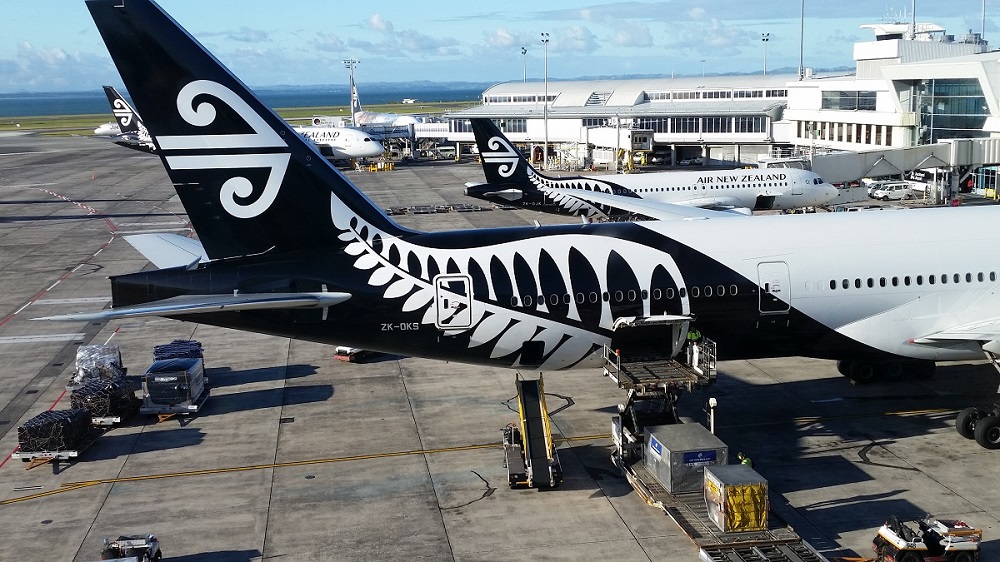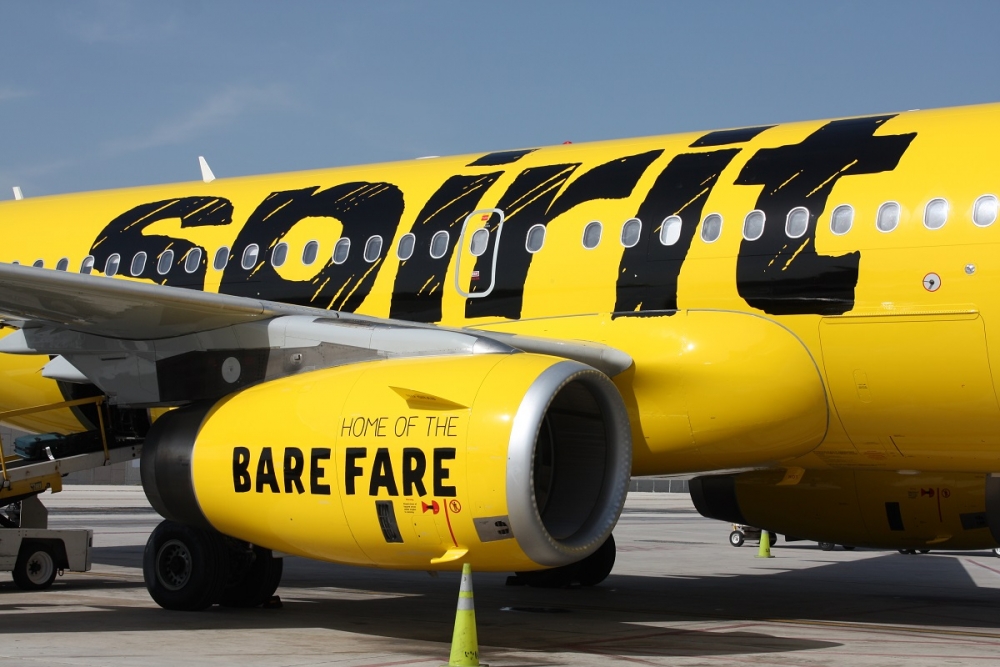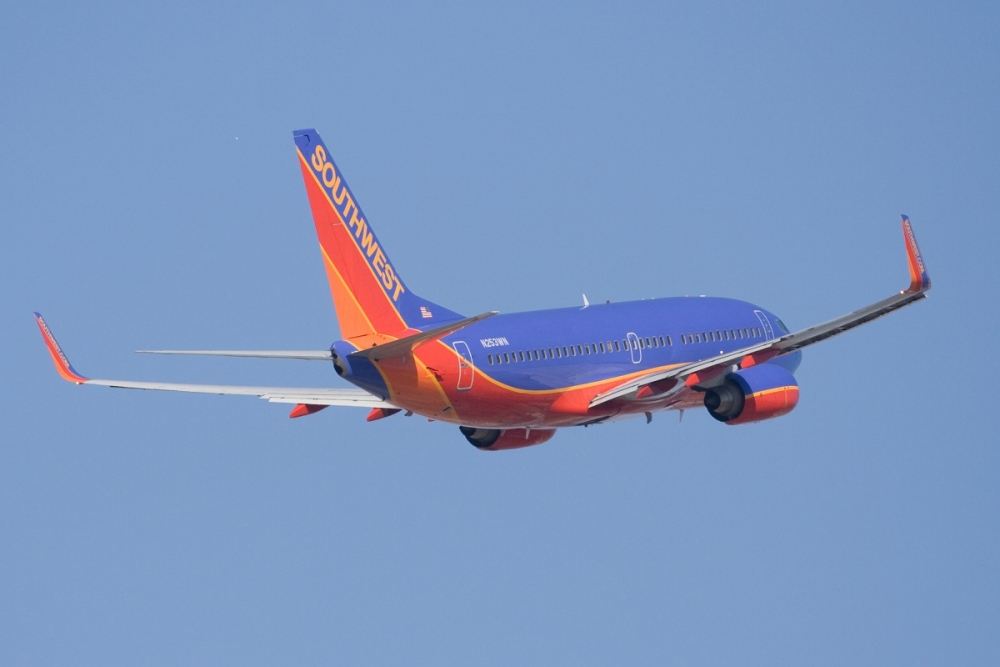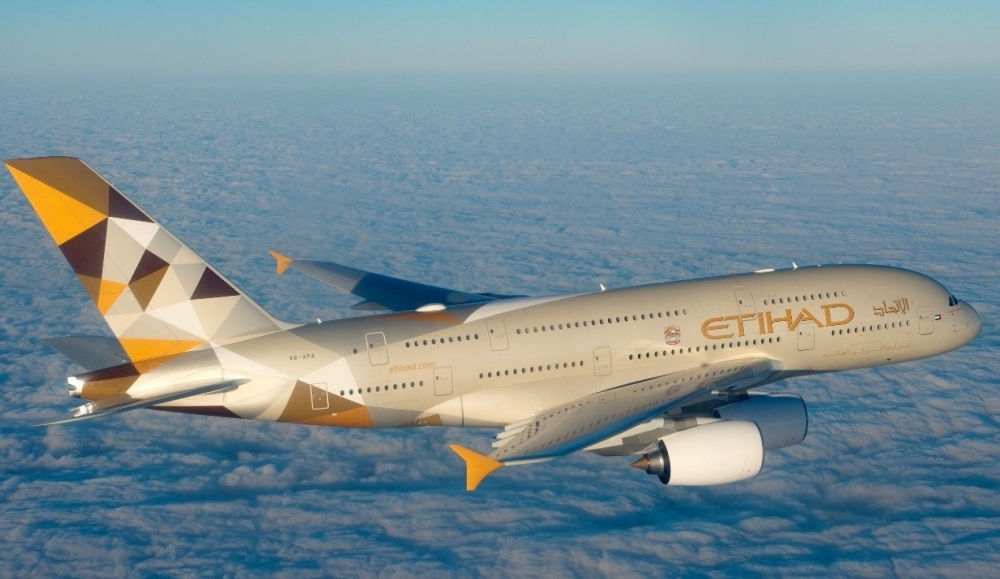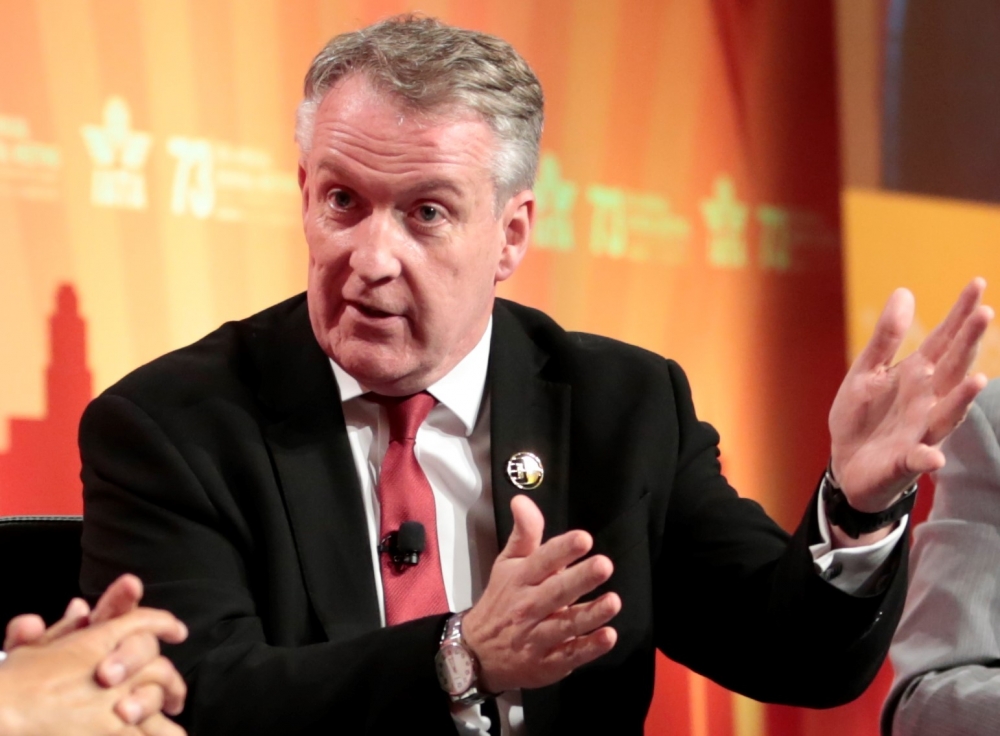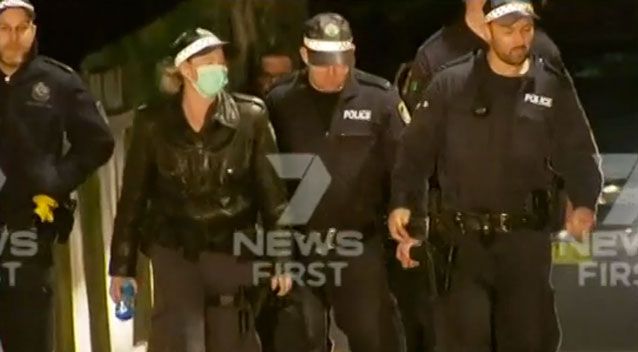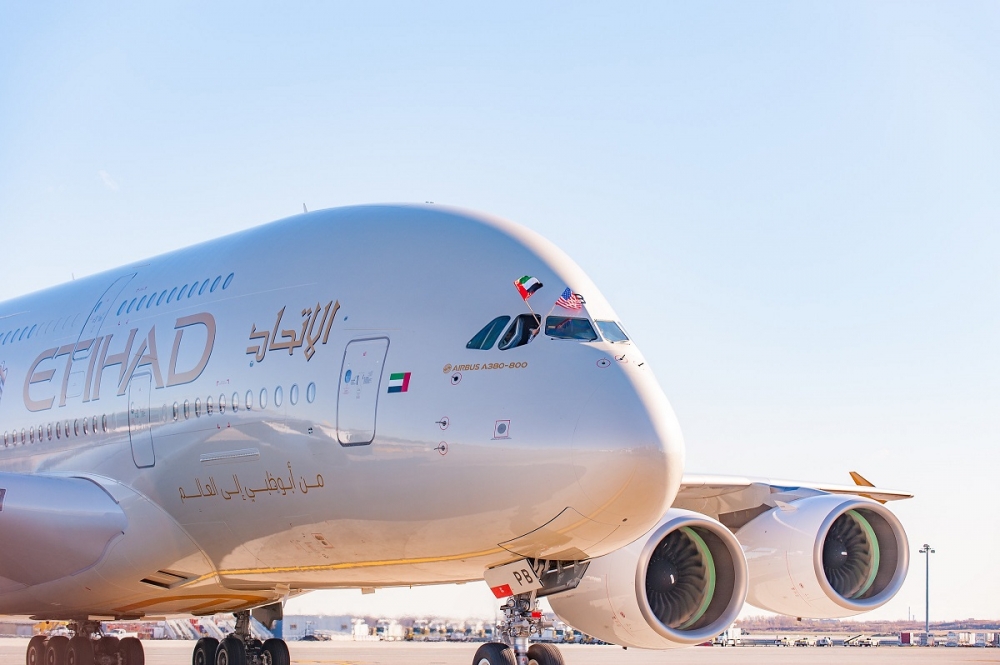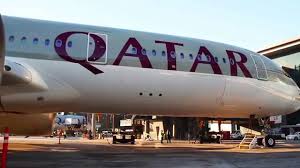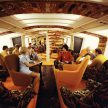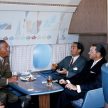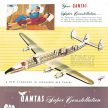Australia has downgraded the aviation threat level to where it was before police uncovered an alleged terrorist plot amid expectations charges will be laid against those involved.
Prime Minister Malcolm Turnbull announced the move Thursday but said there would still be “enhanced” security measures at airports as a result of the plan to target an aircraft.
Turnbull said the decision to downgrade the threat level was made in consultation with intelligence and security agencies, including the Australian Intelligence Security Organisation (ASIO).
“We have outstanding security measures at our airports,’’ he told reporters in Perth. “They are going to continue to be enhanced, but they will be modified in a way that will cause less delays to the travelling public.”
Under upgraded measures introduced in Sydney a week ago and to other airports on Saturday, passengers had been asked to arrive two hours before a domestic flight and three hours before an international flight.
They had also been told to limit the what they packed in cabin and checked baggage.
They will now be allowed to turn up in accordance with airline policies in place before the threat emerged.
However, not all airline policies are the same and low-cost carriers can require an earlier check-in. There can also be a difference in recommended check-in times for business and economy passengers.
The Qantas Group said the decision to moderate the additional security measures put in place on July would reduce the time it took to get through an airport.
While Qantas is now asking passengers to follow its previously recommended check-in times, it said they should ensure they arrived in plenty of time for their flight.
“The Qantas Group works closely with the Australian Government and intelligence agencies to make sure we have the right security measures in all the destinations we fly to,’’ it said in a statement. “The safety of our passengers and our crew is always paramount.”
The investigation into the threat is ongoing but one of four men arrested in raids in Sydney on Saturday has been released.
However, Turnbull said police had uncovered “very substantial evidence’.
“The commissioner, the federal police commissioner Andrew Colvin, has advised me that the investigation efforts are proceeding very successfully in terms of the gathering of evidence and that I should expect, and Australians should expect, charges to be laid in due course,” he said.
The Prime Minister would not comment on a report in The Daily Telegraph that an unwitting airline passenger had been used to take an improvised bomb to the airport packed in cabin baggage. The report said bag had been rejected as too heavy at check-in.
The move also comes after calls for security at airports to be further upgraded, including demands for passenger IDs and screening of ground workers.
The Australian and International Pilots Association argued its members were subject to tougher screening procedures than other airline staff because they were forced to go through security. It backed the introduction of US-style screening that requiring photo identification.
Asked about the calls, Turnbull said airport security measures were constantly under review and there were already strong security measures at airports which “have been enhanced and they will continue to be enhanced”.
“But we are very focused too on ensuring that we look after…. (and) respect the convenience of the travelling public as well,’’ he said.
Gulf carrier Etihad earlier this week confirmed that it was helping police with their inquiries but would not elaborate.


